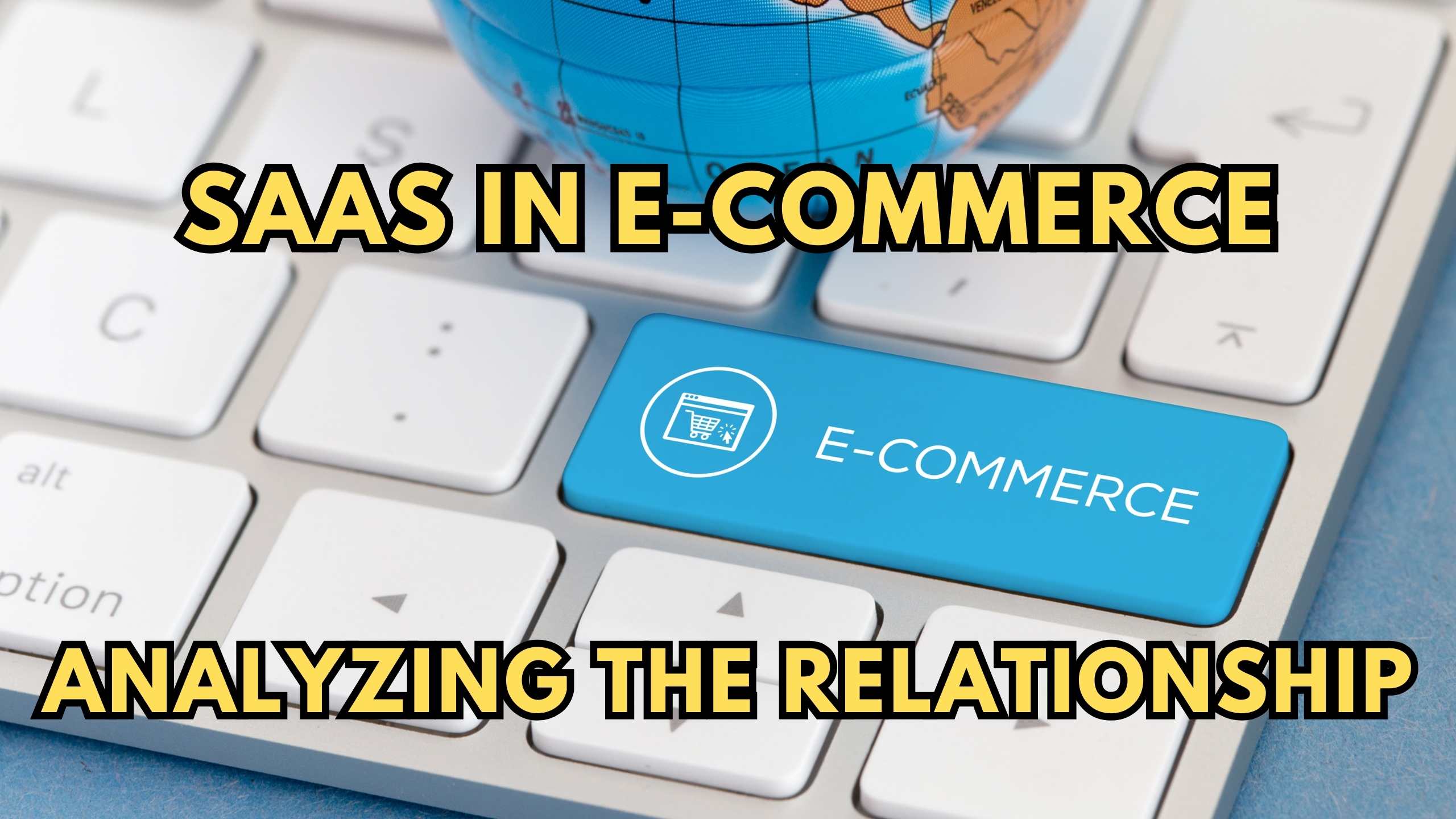SaaS in E-commerce: Analyzing the Relationship


SaaS in E-commerce: Analyzing the Relationship
In the ever-evolving landscape of e-commerce, Software as a Service (SaaS) plays a vital role in empowering online businesses to thrive and succeed. This article delves into the intricate relationship between SaaS and e-commerce, exploring how SaaS solutions revolutionize the way businesses operate and compete in the digital marketplace.
Evolution of E-commerce with SaaS
SaaS has transformed the e-commerce industry by offering scalable, cost-effective solutions for various business functions, including inventory management, order processing, customer relationship management (CRM), and marketing automation. With SaaS platforms, e-commerce businesses can streamline operations, enhance customer experience, and adapt to changing market trends more efficiently.
Key SaaS Solutions for E-commerce
- Shopify: A leading e-commerce platform that provides everything merchants need to create, manage, and grow their online stores.
- Magento: An open-source e-commerce platform with robust features for customization, scalability, and performance optimization.
- BigCommerce: A SaaS e-commerce platform designed for fast-growing businesses, offering flexibility, security, and seamless integrations.
- WooCommerce: A customizable e-commerce plugin for WordPress, empowering businesses to sell products and services online with ease.
- Salesforce Commerce Cloud: A comprehensive e-commerce solution that enables businesses to deliver personalized shopping experiences across all channels.
Advantages of SaaS in E-commerce
SaaS offers numerous benefits to e-commerce businesses, including:
- Scalability: E-commerce businesses can easily scale their operations up or down based on demand without the need for extensive infrastructure investments.
- Cost-Effectiveness: SaaS solutions often follow a subscription-based pricing model, allowing businesses to access advanced features and functionalities at a fraction of the cost of traditional software.
- Accessibility: Cloud-based SaaS enables e-commerce tools accessibility from anywhere, fostering remote work and collaboration for businesses with internet connection.
- Innovation: SaaS providers update platforms regularly, adding features to keep e-commerce businesses competitive and up-to-date with technology trends.
Conclusion
In conclusion, the relationship between SaaS and e-commerce is symbiotic, with SaaS solutions serving as the backbone of modern online businesses. By leveraging SaaS platforms like Shopify, Magento, and BigCommerce, e-commerce entrepreneurs can streamline operations, drive growth, and stay ahead of the competition in today’s dynamic marketplace.
Elevate Your E-commerce Business with Subscribed.fyi!
Ready to unlock the full potential of your e-commerce business with SaaS solutions? Sign up for free on Subscribed.fyi Deals to discover exclusive deals on top SaaS tools for e-commerce, including Shopify, Magento, BigCommerce, and more. Gain access to valuable insights and resources to optimize your online store, drive sales, and maximize profitability. Don’t miss out on the opportunity to take your e-commerce business to new heights with Subscribed.fyi!
Relevant Links:








